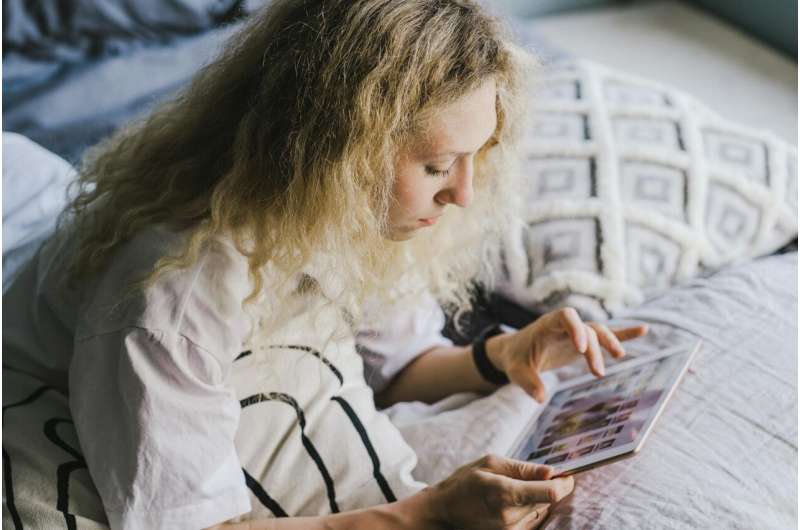A new report reveals that social media is playing a crucial role in filling the gaps in sex education and providing essential connections to health services for young adults in Australia. The report highlights the reasons why young adults (aged 18-29) are increasingly turning to digital technologies for sexual and reproductive health support, including validation of personal experiences, access to peer support, and education on topics not covered in traditional school curricula. The research offers valuable insights into the evolving landscape of youth sexual and reproductive health and the need for policymakers and healthcare providers to adapt their strategies to meet the evolving needs of this demographic. Sexual and Reproductive Health, Social Media

Filling the Gaps in Sexual Education
The report highlights the critical role that social media is playing in providing sexual and reproductive health support for young Australians. According to the findings, many young adults are turning to digital platforms to fill the gaps left by traditional school-based sex education programs.
As Professor Kath Albury, the report’s co-author and leader of the ARC Future Fellowship project, explains, “There are lots of ‘adult’ topics that school-based sex education doesn’t cover, and social media platforms are filling these gaps with both information and peer support.” This includes topics related to chronic pain, LGBTQIA+ identities, and other aspects of sexual and reproductive health that may not be adequately addressed in the classroom.
Validation and Peer Support through Social Media
The report also reveals that social media platforms are providing young Australians with a valuable source of validation and peer support. Many young people, particularly those experiencing chronic conditions or identifying as LGBTQIA+, have found these digital spaces to be essential for sharing their personal experiences and connecting with others who understand their struggles.
As Professor Albury notes, “These spaces are often dismissed as ‘misinformation,’ but our participants valued them as sites of validation for lived experiences of sexual, reproductive and gender health.” This validation and peer support can be crucial for young people navigating the complexities of their sexual and reproductive health journeys.
Empowering Young Australians with Accurate Information
While the report acknowledges that the information available online can sometimes be inaccurate or exaggerated, it highlights the value that young Australians place on factual communication of medical information. Professor Albury explains that “young people value factual communication of medical information, but this is not all that’s required to offer high quality digital services.”
The report’s findings suggest that healthcare providers and policymakers need to recognize the evolving needs of young adults and invest in digital and data capabilities to better support their sexual and reproductive health. As Professor Albury states, “The sector is beginning to recognize the different ways that digital and data skills, infrastructure and governance can support sexual and reproductive health. But better training and resourcing is still needed for the emerging health workforce.”
